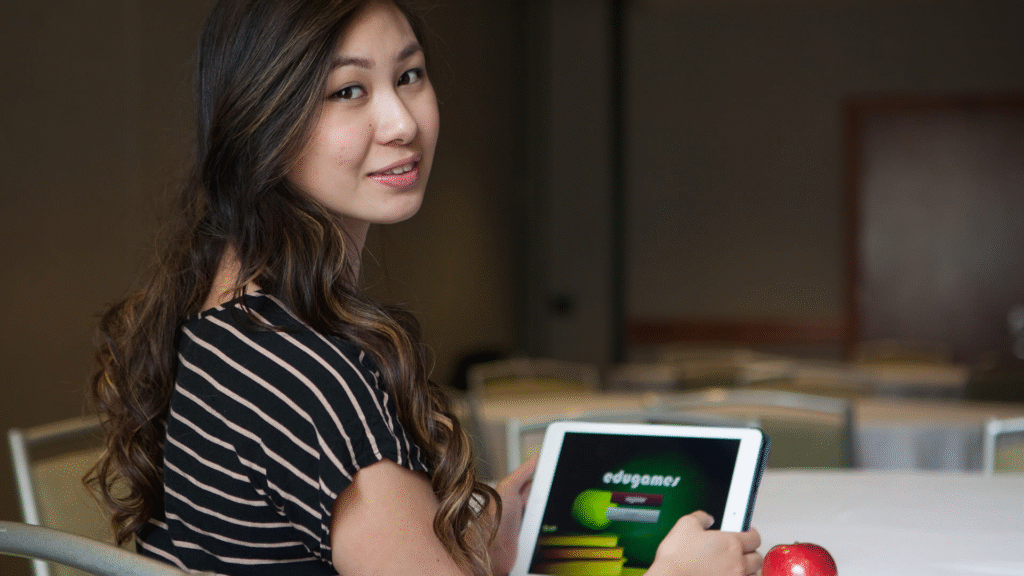In a world where Taylor Swift seemed untouchable—not just on stage but also on Forbes’ billionaire list—a new name has entered the spotlight. Lucy Guo, a 30-year-old tech entrepreneur with a story rooted in grit, risk, and sleepless nights, has officially become the world’s youngest self-made woman billionaire, pushing the pop superstar to second place.
And honestly? It’s a refreshing shift.
From Laptop to Billion-Dollar Lab

I remember first hearing about Lucy Guo when I was deep in the startup grind myself—pulling 14-hour days with little more than instant noodles and stubborn belief to keep me going. Guo was already a name floating around in the tech world: someone who left college early, didn’t follow the traditional path, and still managed to build something massive.
She co-founded Scale AI, a company that might not sound flashy on the surface, but it’s quietly running the future. Its core job? Helping train artificial intelligence by organizing and labeling data at scale. This data is what powers everything from self-driving cars to defense tech. Basically, without Scale AI, a lot of cutting-edge AI wouldn’t work nearly as well.
And now, after a new company valuation of $25 billion, Guo’s share has made her worth over $1.2 billion. That’s not a small win—it’s a massive mic drop.
Not All Billionaire Stories Start With a Tour Bus
While Taylor Swift built her empire through music, storytelling, and relentless reinvention, Lucy Guo built hers in code, co-working spaces, and pitch meetings. But here’s the thing: both women reflect the changing face of power.
Guo’s story is especially relatable for anyone who’s ever taken the hard road in tech. She interned at Facebook, worked at Quora, and got a Thiel Fellowship—a controversial program that pays students to drop out of college and chase big ideas. For Guo, that meant betting everything on her ability to shape the future of AI.
I’ve seen friends try similar paths. Some burned out. Some pivoted. Very few ever reached this level. But Guo? She didn’t just survive. She dominated.
A Human Billionaire in a Digital World

What makes Lucy stand out isn’t just the money. It’s that she still feels human. She tweets. She jokes. She talks about burnout and being underestimated as a woman in tech. There’s no fortress around her like there is around so many tech founders.
I once watched a clip of her speaking at a tech event—no suit, no jargon, just real talk. She described how isolating it was being one of the few women in every meeting room and how she used that doubt as fuel. It hit hard. I’ve felt that too, in my own way—being the only person who looks like me, or thinks like me, in a room full of suits and metrics.
Lucy Guo is not just a billionaire. She’s someone who’s showing that success doesn’t have to look like the stereotype.
What Her Rise Really Means
Guo’s win is bigger than a title—it’s a cultural shift. It’s about recognizing that billionaires don’t have to be born into wealth, or wear Patagonia vests, or even sing chart-topping hits. Some are hackers. Builders. Outsiders. People who’d rather write algorithms than press releases.
And the fact that she’s now topping Taylor Swift? That’s not a competition. It’s a celebration. Two very different worlds, two insanely talented women—each proving that self-made isn’t a myth. It just takes different shapes.
Whether you’re jamming to “Anti-Hero” or debugging code at 2 AM, one thing’s clear: the face of success is changing. And Lucy Guo’s just lit the way for a whole new generation.